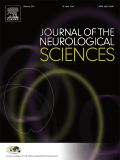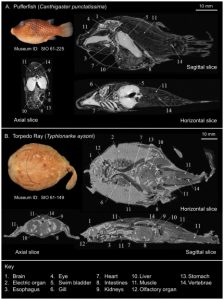
In 2012, a study claiming to show — after some intentional statistical tricks — that a dead salmon had brain activity in an fMRI won a prestigious (and hilarious) Ig Nobel Prize.
So five years later, when Bálint Botz tweeted wryly about a study of fish and plants in a radiology journal, we thought, “Aha, someone is trying to create another red herring!”
But alas, it turns out the reason a journal normally concerned with X-rays would suddenly be interested in aquaponics was far more prosaic: Continue reading Quick: What does fish food have to do with X-rays? In this case, an Elsevier production error
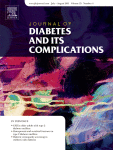
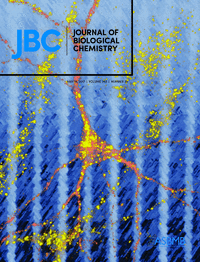 On April 27, the Journal of Biological Chemistry (JBC) retracted nine papers by a researcher based in Israel, including some dating back to 2000.
On April 27, the Journal of Biological Chemistry (JBC) retracted nine papers by a researcher based in Israel, including some dating back to 2000.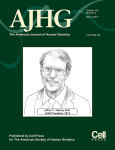 In August, the U.S. Office of Research Integrity announced that a former postdoctoral fellow at the National Human Genome Research Institute (NHGRI)
In August, the U.S. Office of Research Integrity announced that a former postdoctoral fellow at the National Human Genome Research Institute (NHGRI) 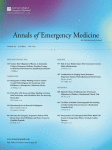 A journal has temporarily removed a paper showing the dramatic differences in the cost of providing emergency care that
A journal has temporarily removed a paper showing the dramatic differences in the cost of providing emergency care that 
